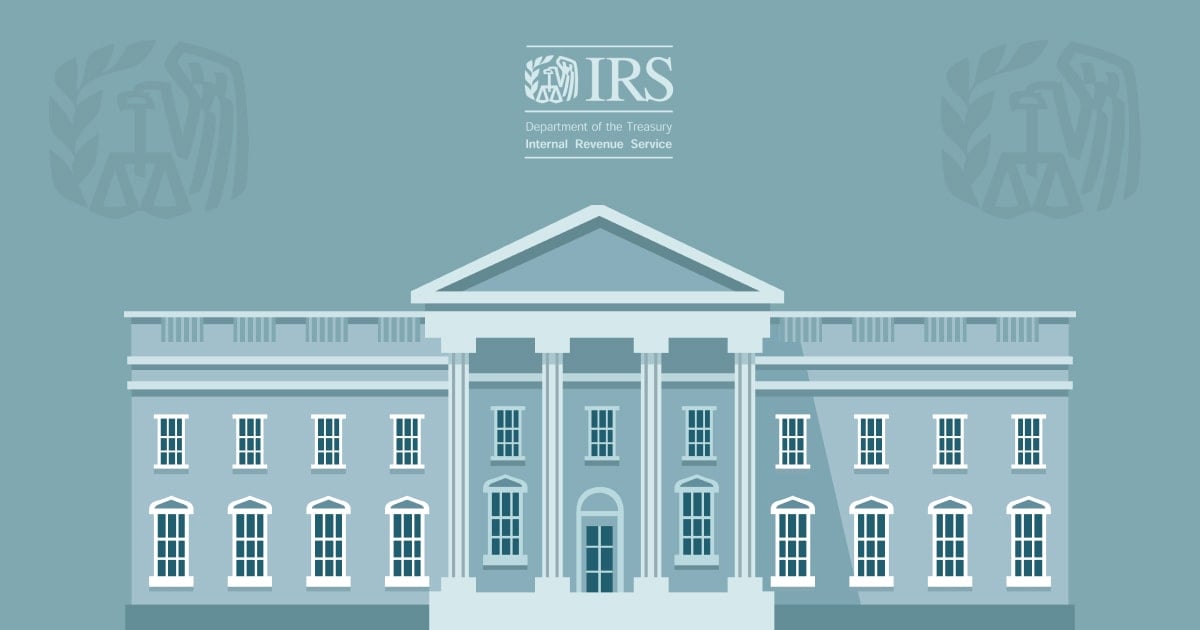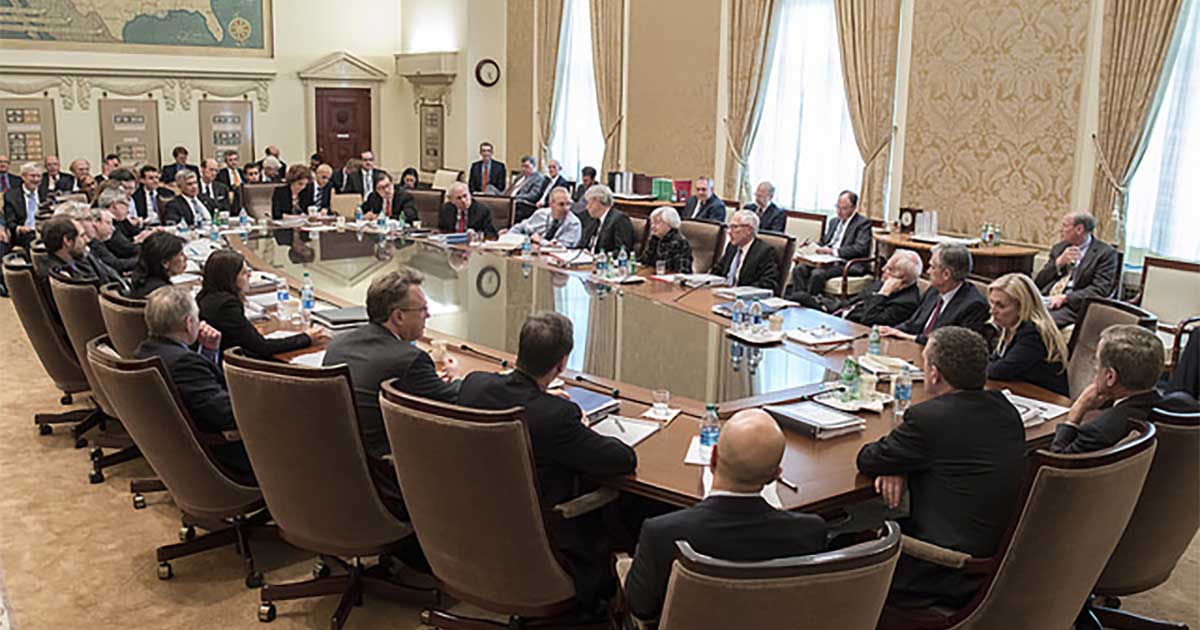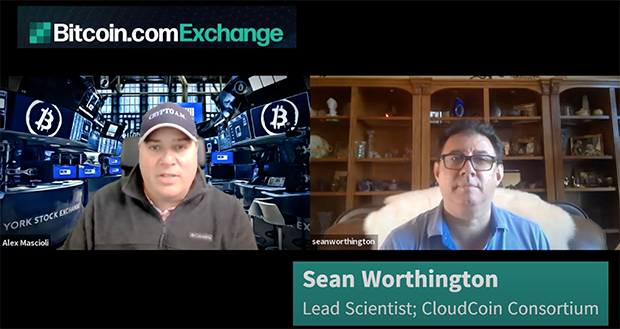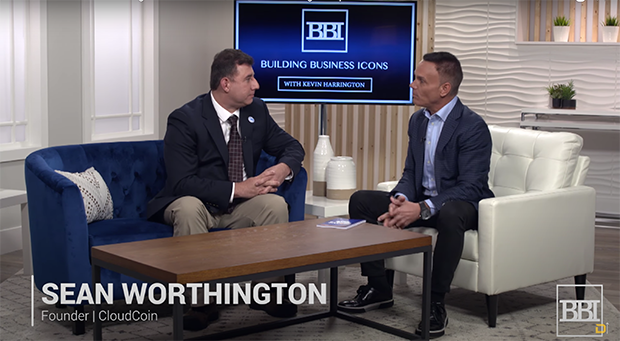Crypto and Taxes: Do You Have to Address This With The IRS? Yes. Yes You do

February, 25 2022
PHOTO CREDIT: Form 6173 Virtual Currency Reporting–IRS.gov
Crypto and Taxes: Do You Have to Address This With The IRS? Yes. Yes You do.
One of the beautiful things about decentralized currency and trading has been the silky gray areas that left it somewhere between the comfort factor of a home-cooked meal, and the rough and ready “anything goes” proposition of a steak over a cowboy fire in the wild west. But the comfort and freedom of that decentralization can be at risk, once the IRS gets involved.
For the first few years of its existence, crypto enjoyed an anonymity that made it attractive to all kinds of characters: white hats and blackhats alike. So the good guys and bad guys, no matter who they are or where they come from, enjoyed some degree of separation from the general population, at least as it regarded their activity in virtual currency.
There was also a time when crypto seemed suitable only to those with a pretty good head for tech; early adopters of platforms that might have been risky or difficult to track and manage. These early adopters saw the benefit of crypto because, frankly…the tax authorities didn’t appear to take them seriously. Rules and regulations governing the exchanges were all but nonexistent.
But given the assurity of two certainties in life–death and taxes (with taxes even possible after death), it’s important to understand that the US and other governments are devoting some serious resources to tracking and engaging with crypto users who fail to report.
Trading, interest, fees, mining payments/acquisitions–all platforms and activities are starting to get serious attention from taxing authorities. In the case of the IRS, it all comes down to interpretations of profit.
The concept of profit…and what that means in crypto
To the IRS, the acquisition of funds or goods has a set of governing principles that categorize how they define what your investment is worth, and how that affects the paradigm under which those funds are taxed. In the case of cryptocurrency, the IRS calls your assets “property”.
It's a distinction that matters. As property, your profit margin is subject to capital gains taxes, just as it would be on the stock market. So if you spent 10 dollars on stock, for example, and if you sell off at fifteen bucks, the five bucks you made after your initial investment counts as a capital gain.
How long you hold your coins may matter, now
Your tax liability under capital gains reporting can fluctuate wildly. It depends a great deal upon your other investments, your current tax bracket, and the tax bracket you would be subject to under the income counted as capital gains.
The distinction, therefore, between long and short term capital gains herein applies.
“If the holding period was less than a year, you pay the short-term capital gains tax, which can range from 10% to 37% in the United States, depending on the tax bracket you happen to be in. If you held the position for more than a year, you are subject to the more favorable long-term capital gains tax. The long-term rate can be 0%, 15% or 20%, depending on your tax bracket.” (CNBC)
If you mine crypto, there could be more red flags
The complexity of adding capital gains reporting to the IRS doesn’t stop with profit or loss reported from the exchanges.
If you are mining crypto, you are doing work for revenue. And as such, your activities are subject to reporting just as any self employed or business agency must do. The value of your income and assets is based on the fair market value of the coins in question. There are write offs, but pitfalls with each do exist in those gray, unclear areas as the IRS catches up and the rules remain in flux.
There are varying implications, depending on your involvement. If you are part of a consortium, club, or other group that does the investing, the liability and amount to report may be lower, but the IRS may view this as a hobby—which means you have limited options for reporting or claiming deductions.
Yep. You need to keep good track of your transactions. Seriously.
It seems counterintuitive for anyone invested in crypto to prepare proof of transactions for reporting to governing authorities. However, every transaction can be a trigger point for the IRS, which has openly declared its intention to take further interest in your activities in crypto.
Your individual engagements, whether your crypto company sends you a statement or not, are thus your responsibility to report.
The exchange of crypto gets dicey because if the value of one crypto changes, and your purchasing power of the new crypto is increased, that is considered by the IRS to be—you guessed it—a capital gain.
That makes it highly taxable.
IRS activity related to crypto
While lax IRS rules and admittedly obtuse requirements for reporting were once an issue for the agency, the Biden administration is quickly working to close any reporting loopholes or ambiguity. It wants to know if you are engaging in crypto, and perhaps more disturbingly, it wants to know what you’re doing with that engagement.
CNBC experts report that “The agency recently ramped up efforts to subpoena centralized crypto exchanges for information about noncompliant U.S. taxpayers”. Experts across the spectrum warn that the IRS could go back a number of years to scrutinize reporting. Unfortunately, they’ve gotten a number of favorable judgments to do so. “This spring, courts authorized the IRS to issue John Doe summonses to crypto exchange operators Kraken and Circle as a way to find individuals who conducted at least $20,000 of transactions in cryptocurrency from” as far back as “2016 to 2020.” And “in 2019 the IRS announced it was sending letters to more than 10,000 people who potentially failed to report crypto income” according to CNBC. The letters come in the form of the dreaded notification numbered 6173, as pictured above.
Those letters, according to experts in tax law, are just the tip of the iceberg. The Biden administration is aggressively training IRS agents to identify and track down crypto engagement and any related transaction(s). These lookbacks on prior returns can trigger investigations into any activities that may have gone unreported.
The move on crypto doesn’t stop there
“Another potential major blow to crypto holders: Biden’s proposal to raise the top tax rate on long-term capital gains to 43.4%, up from 23.8%” claims CNBC consultants. This includes Biden’s attempt to combine short and long term gains, with a higher percentage of tax liabilities on the table if successful. “Crypto gains are being taxed as any other type of gain in assets, either at long-term capital gains or ordinary rates. President Biden has proposed to eliminate the difference between the two.”
The upshot here is that while crypto engagement has its share of benefits, there are aspects of it that are not subject to reporting. These include transactions that exchange crypto for dollars, moving crypto between wallets and exchanges (though the IRS is monitoring at least some exchanges; a thing worth noting). Crypto that was gifted to you at a value of under fifteen thousand dollars and donations in crypto (based on the fair market value of the crypto at the time) may also slip under the scope of the reporting requirements.
There are a number of new regulations, but crypto remains strong
Despite a number of changing rules and redirects in IRS attention, the state of crypto remains strong, and currencies such as CloudCoin continue to show robust engagement. To be sure, there are positives and negatives to any central authority’s attention to a decentralized currency. Rest assured that CloudCoin remains committed to keeping you informed, with complete attention to your rights and responsibilities as a cryptocurrency participant. CloudCoin remains committed to assuring the safety, security, and ease of use that you have come to know and expect. Decentralization may have the attention of governing authorities, but the availability of your crypto dollars wherever you are in the world will always assure your access to your CloudCoin when you need it.








